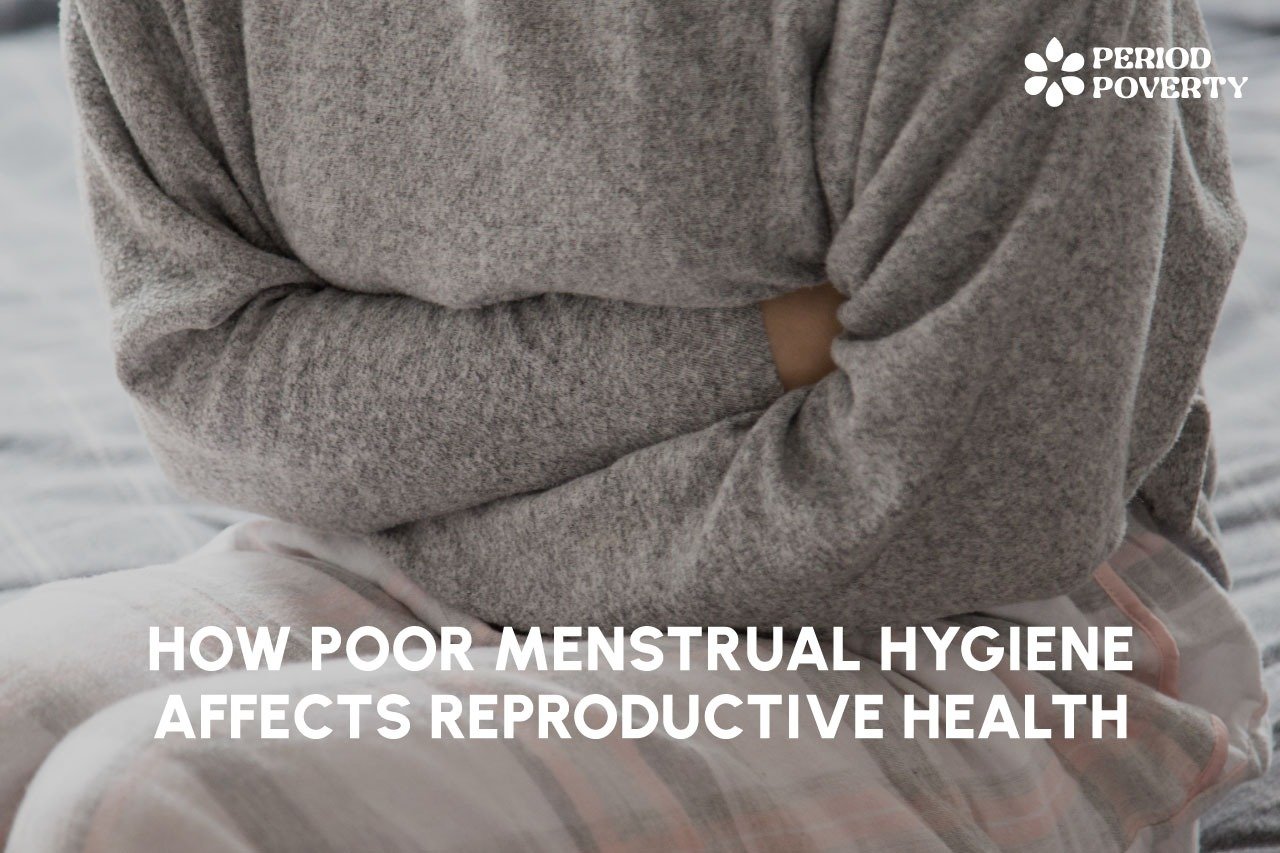Hormonal contraception, such as birth control pills, patches, injections, and hormonal intrauterine devices (IUDs), is widely used by individuals around the world to prevent pregnancy. These methods work by introducing synthetic hormones into the body, typically estrogen and progestin, which help regulate the reproductive system and prevent ovulation. While the primary goal of hormonal contraception is to prevent pregnancy, it’s important to recognize that these methods can also have an impact on menstrual cycles.
Understanding how hormonal contraception can affect menstrual cycles is crucial for individuals who regularly use or are considering using these methods. Menstruation is a natural process that occurs in individuals with uteruses, and it involves the shedding of the uterine lining in response to hormonal fluctuations. However, hormonal contraception can alter these hormonal patterns and disrupt the typical menstrual cycle.
For some individuals, hormonal contraception can lead to changes in the duration and intensity of menstrual bleeding. It is common to experience lighter periods, shorter periods, or even no periods at all while using certain types of hormonal contraception. This occurs because the synthetic hormones in these methods can thin the uterine lining, resulting in reduced menstrual flow. While this can be a welcome change for those who experience heavy or painful periods, it’s important to be aware of the possibility of altered bleeding patterns.
In addition to changes in menstrual flow, hormonal contraception can also affect menstrual symptoms. Some individuals may find that their premenstrual syndrome (PMS) symptoms, such as cramping, bloating, breast tenderness, and mood swings, are alleviated while using hormonal contraception. On the other hand, others may experience an exacerbation of these symptoms. It’s essential to understand that the response to hormonal contraception can vary from person to person, and it may require some adjustment to find the method that best suits an individual’s needs.
Understanding Hormonal Contraception
Hormonal contraception refers to the use of synthetic hormones, typically estrogen and progestin (or progestin-only), to prevent pregnancy. There are various types of hormonal contraception available, each offering different delivery methods and hormone combinations. Here is an overview of some common forms of hormonal contraception:
- Birth Control Pills: Oral contraceptive pills, commonly known as birth control pills, are taken daily to prevent pregnancy. They contain a combination of estrogen and progestin or progestin-only. These hormones work by suppressing ovulation, thickening cervical mucus to prevent sperm from reaching the egg, and thinning the uterine lining to make it less receptive to implantation.
- Hormonal Patches: Hormonal patches are applied to the skin and deliver a continuous release of estrogen and progestin. They work similarly to birth control pills by inhibiting ovulation, thickening cervical mucus, and thinning the uterine lining. The patch is typically worn for a week, and a new patch is applied each week for three weeks, followed by a patch-free week.
- Hormonal Injections: Injectable hormonal contraception involves receiving an injection of progestin every few months, such as the Depo-Provera shot. The progestin in the injection suppresses ovulation and alters the uterine lining and cervical mucus, preventing pregnancy. Each injection provides contraception for several weeks to months, depending on the specific formulation.
- Hormonal Intrauterine Devices (IUDs): Hormonal IUDs are small, T-shaped devices inserted into the uterus by a healthcare professional. They release progestin directly into the uterus, inhibiting ovulation, thickening cervical mucus, and thinning the uterine lining. Hormonal IUDs can provide long-term contraception, with some types effective for up to five years or more.
How do hormonal contraceptives affect the body?
Hormonal contraceptives, such as birth control pills, patches, injections, and hormonal intrauterine devices (IUDs), have specific mechanisms of action that influence hormone levels and the menstrual cycle. Here’s a breakdown of how hormonal contraceptives affect the body:
- Suppression of Ovulation: One of the primary mechanisms of hormonal contraceptives is the suppression of ovulation. Ovulation is the release of an egg from the ovaries, which is necessary for fertilization to occur. Hormonal contraceptives containing estrogen and progestin work by inhibiting the release of hormones that stimulate ovulation. Without ovulation, there is no egg available for fertilization, significantly reducing the chances of pregnancy.
- Thinning of the Uterine Lining: Hormonal contraceptives can affect the lining of the uterus, also known as the endometrium. They cause the endometrium to become thinner and less receptive to the implantation of a fertilized egg. This thinning makes it less likely for a fertilized egg to successfully attach to the uterus, preventing pregnancy.
- Thickening of Cervical Mucus: Another effect of hormonal contraceptives is the thickening of cervical mucus. Cervical mucus plays a crucial role in fertility by providing a pathway for sperm to reach the egg. Hormonal contraceptives alter the composition of cervical mucus, making it thicker and more difficult for sperm to penetrate and swim through to reach the egg. This impedes the sperm’s ability to fertilize an egg and further reduces the likelihood of pregnancy.
- Hormone Level Regulation: Hormonal contraceptives work by introducing synthetic hormones, such as estrogen and progestin (or progestin-only), into the body. These hormones help regulate the menstrual cycle and prevent pregnancy. The specific hormone levels and ratios differ depending on the type of contraceptive. By maintaining consistent hormone levels, hormonal contraceptives stabilize the menstrual cycle and prevent hormonal fluctuations that are necessary for ovulation and the preparation of the uterine lining for pregnancy.
Effects of Hormonal Contraception on Menstrual Cycles
Hormonal contraception can have significant effects on menstrual flow, resulting in changes in the duration and intensity of menstrual bleeding. Here are some common changes that individuals may experience:
- Lighter Periods: Hormonal contraception, particularly combination birth control pills or hormonal IUDs, can often lead to lighter periods. The synthetic hormones in these contraceptives help regulate the menstrual cycle and thin the uterine lining. As a result, there is less tissue to shed during menstruation, leading to lighter and potentially less intense bleeding. Some individuals may find this change beneficial, especially if they previously experienced heavy or prolonged periods.
- Shorter Periods: Hormonal contraception can also cause a reduction in the duration of menstrual bleeding. With hormonal methods that suppress ovulation, such as birth control pills or hormonal IUDs, the overall length of the menstrual cycle may shorten. This means that the time between periods decreases, resulting in shorter periods. Additionally, the thinner uterine lining induced by hormonal contraception can lead to more efficient shedding, resulting in a shorter overall duration of bleeding.
- No Periods (Amenorrhea): Another effect of hormonal contraception is the possibility of experiencing no periods at all, a condition known as amenorrhea. This is more commonly associated with certain types of hormonal contraception, such as progestin-only methods like the contraceptive implant or certain hormonal IUDs. The continuous release of hormones can suppress ovulation and further thin the uterine lining to the point where menstrual bleeding ceases entirely. Amenorrhea while using hormonal contraception is generally safe and not a cause for concern as long as the individual is using the method correctly and there are no other accompanying symptoms or health issues.
Addressing Concerns about Missed or Irregular Periods
Understanding the difference between missed periods due to pregnancy and those caused by hormonal contraception is important. Here’s a brief explanation and when to consult a healthcare professional regarding irregular periods:
- Missed Periods due to Pregnancy: If you have been consistently using hormonal contraception as prescribed and miss a period, pregnancy should be ruled out. Taking a pregnancy test is recommended if there’s a chance of pregnancy. If the test is negative and you’re concerned, consult your healthcare provider for further evaluation.
- Missed Periods due to Hormonal Contraception: Hormonal contraception can lead to lighter, shorter, or even absent periods (amenorrhea). This is generally considered normal while using hormonal contraception, as long as you’re using the method correctly. However, if you experience sudden changes in bleeding patterns after a period of stability or if you have concerns about the absence of periods, consult your healthcare provider.
In conclusion, it is crucial for individuals considering or using hormonal contraception to make informed decisions about their reproductive health. Understanding the potential effects of hormonal contraception on menstrual cycles is key to this process. By being aware of how hormonal contraception can impact the duration and intensity of menstrual bleeding, as well as how it can alleviate or exacerbate PMS symptoms, individuals can better assess whether these changes align with their preferences and needs.
However, it is important to emphasize that each person’s experience with hormonal contraception can be unique. What works well for one individual may work differently for another. Therefore, consulting with healthcare professionals is essential to receive personalized advice and guidance. Healthcare professionals, such as gynecologists or family doctors, have the expertise to evaluate your medical history, discuss your contraceptive options, and address any concerns or questions you may have. They can provide valuable insights, clarify doubts, and help you navigate through potential side effects or changes in your menstrual cycle.
By actively engaging in open and honest communication with your healthcare provider, you can gain a deeper understanding of the potential benefits and drawbacks of hormonal contraception specific to your situation. Remember, making informed decisions about your reproductive health empowers you to take control and choose the contraceptive method that aligns with your individual needs. Prioritize your well-being by seeking professional advice, staying informed, and actively participating in discussions about hormonal contraception and its impact on your menstrual cycle.






